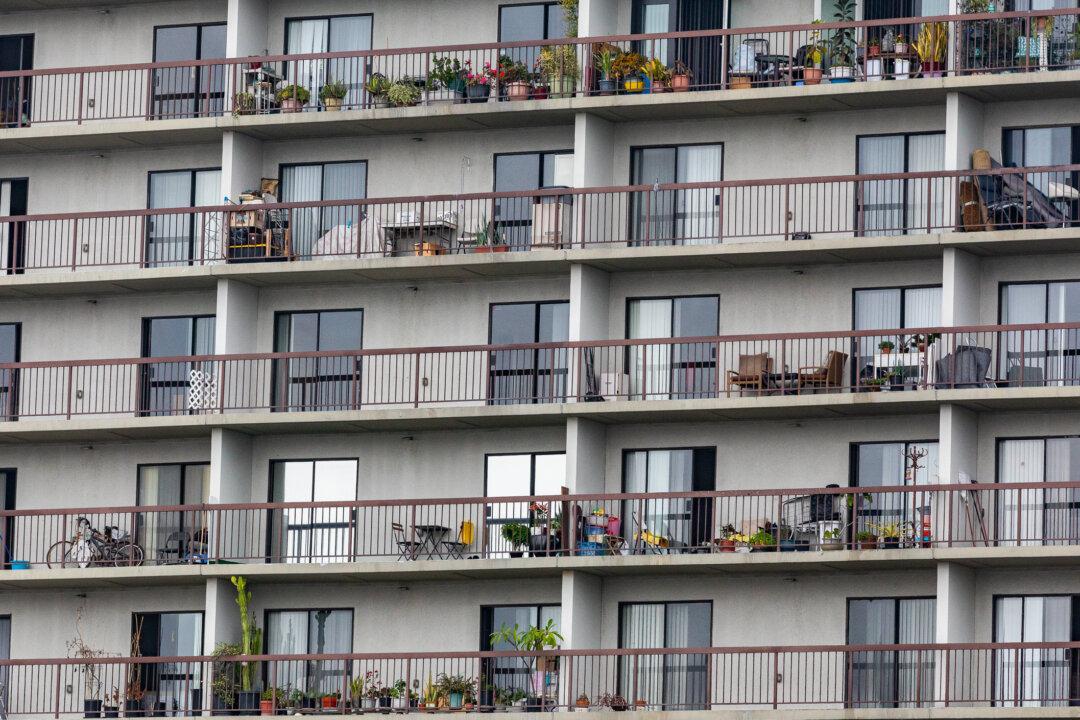Commentary
When I came to California in 1987, I drove to an apartment complex I liked near the coast in Huntington Beach, and asked the rent price and a couple other questions. They asked my place of employment and salary. Then I signed a lease and wrote a check. Simple.





